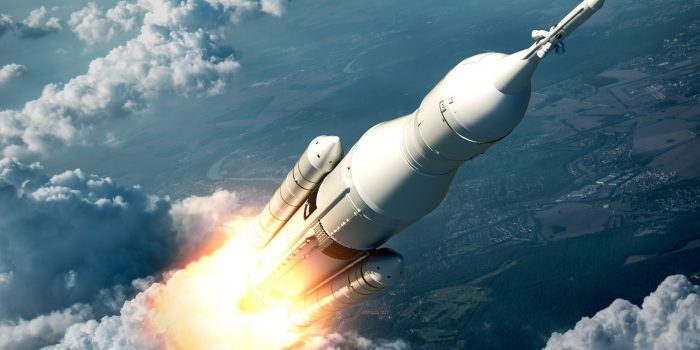NASA has openly asked for help from the country’s aerospace agencies to “maximize the long-term efficiency and sustainability” of its Space Launch System (SLS) rocket, along with all of its ground systems. This was reported in an official request.
The cost of SLS is almost triple the $10-billion projected development cost when it was announced in 2011. But The White House once said the SLS would cost $2 billion to launch annually.
The heavy SLS rocket that Boeing developed will be able to lift an Orion crew capsule into space in the first half of 2022. Recently, the company wanted to continue flying the SLS for “30 years or more” on nationally-funded missions. They also want the new rocket to bring a “sustainable and affordable system for moving humans and large cargo payloads to cislunar and deep-space destinations,” according to an initial Ars Technica report.

NASA believes that the major contribution in making the SLS more “sustainable” is not limited to the sharing use of the rocket for private launches. In fact, finding a private contractor to build and launch the SLS with a 50% or greater discount compared to the present day’s industry “baseline per flight cost” will be needed further.
The cost estimation from 2019 is “over $2 billion.” NASA wants it to be half (or less), and that it should be capable of carrying astronauts and whoever else can pay to a ride into space until the middle of the 21st century.
The SLS was first designed in 2010 and officially announced in 2011. It aspired to reach space in 2016 at the expense of $10 billion. In the past, former Florida Senator Bill Nelson said “If we can’t do a rocket for $11.5 billion, we ought to close up shop.” Apparently, the agency is taking steps to reduce the financial barrier to developing functional low-Earth orbit and deep-space launch systems. And, assuming the SLS does actually launch in 2022, Nelson’s NASA might get its wish.


